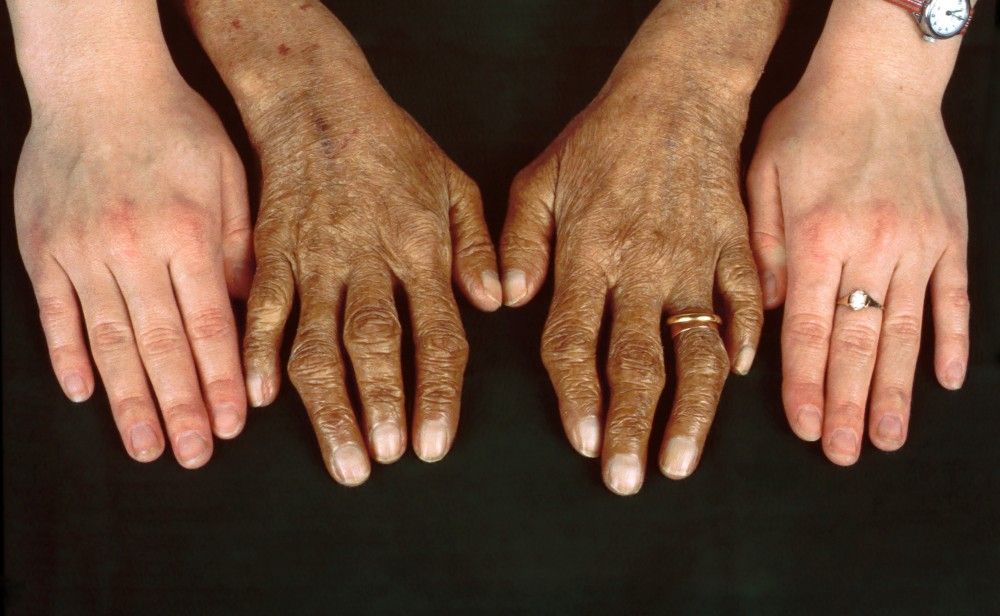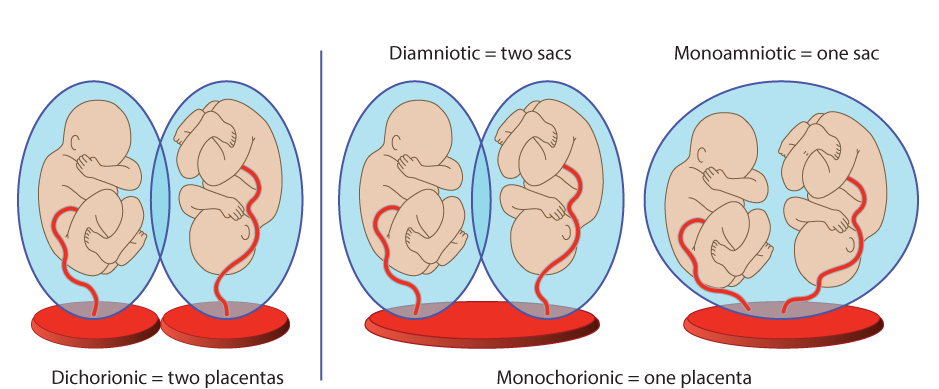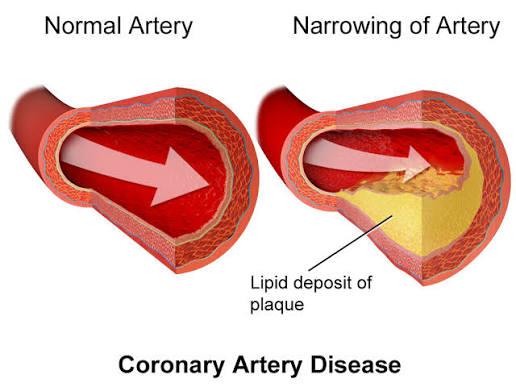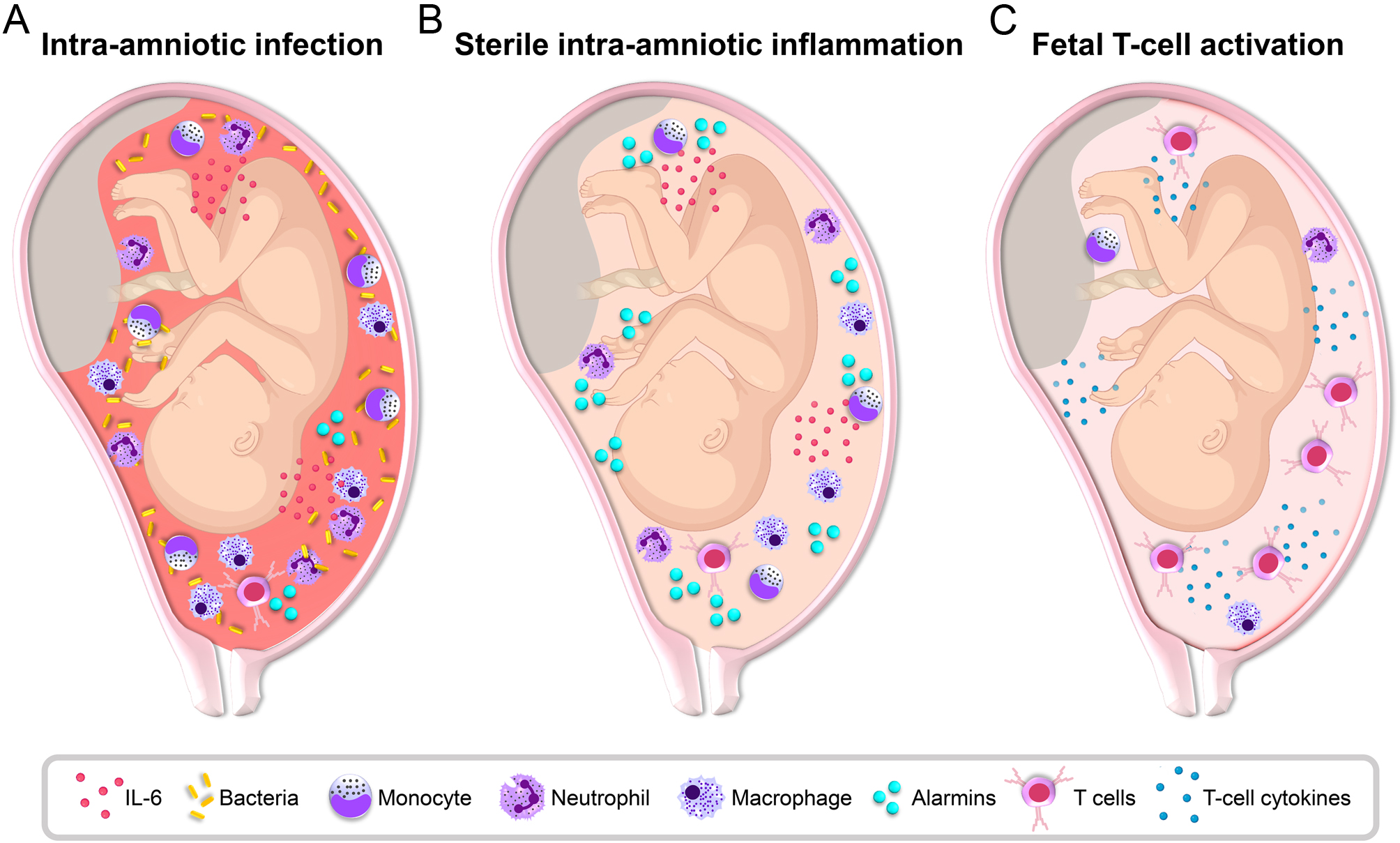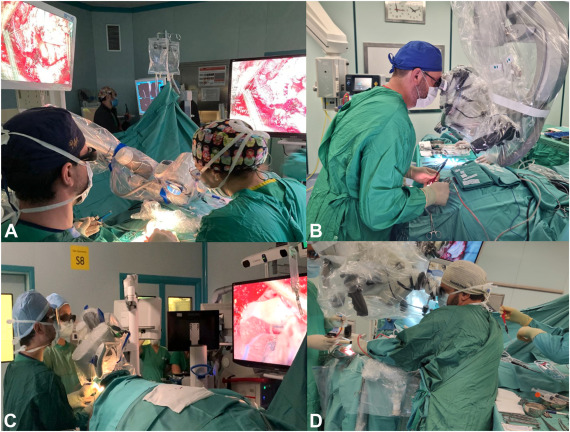
The rapid global demographic shift toward an aging population, often termed the “Silver Tsunami,” has necessitated the specialization of medical and supportive services dedicated to the unique needs of older adults. Geriatric care, or geriatrics, is a complex, multidisciplinary field far exceeding the simple treatment of age-related disease. It is a philosophy of care focused on maintaining functional independence, maximizing quality of life, and supporting dignity across the final stages of the lifespan.
Defining the Foundational Concepts of Geriatric Care
Geriatric care is distinct from general adult medicine due to its primary focus on managing complexity, identifying subtle functional decline, and prioritizing patient goals over disease elimination.
A. Core Definition and Distinction
Geriatrics is the branch of medicine concerned with the health care of the elderly, focusing on the prevention and treatment of illnesses and disabilities specific to advanced age.
Gerontology is the broader, non-clinical study of aging, encompassing social, psychological, biological, and economic aspects. Geriatric care practitioners utilize gerontological research to inform clinical decision-making.
B. The Philosophy of Holistic and Functional Care
The central tenet of geriatric practice is holism (multidimensionality). Age-related issues rarely exist in isolation; physical illness impacts mental health, and cognitive decline affects social function. Geriatric care strategies must therefore address four intertwined domains: physical, mental, social, and functional health.
The ultimate measure of success in geriatrics is the preservation of functional independence. While a younger patient’s success might be defined by disease cure, an older patient’s success is defined by their ability to perform Activities of Daily Living (ADLs) (e.g., bathing, dressing) and Instrumental Activities of Daily Living (IADLs) (e.g., managing finances, shopping).
C. The Comprehensive Geriatric Assessment (CGA)
The Comprehensive Geriatric Assessment (CGA) is the cornerstone diagnostic procedure in geriatrics and is arguably the most fundamental concept of the field. It is a systematic, multidimensional, and interdisciplinary evaluation designed to determine an older person’s medical, psychosocial, and functional capabilities and limitations.
Key Components of the CGA:
- Medical Assessment: Detailed review of comorbidities, nutritional status, hearing/vision, pain management, and polypharmacy.
- Functional Status Assessment: Objective measurement using standardized tools for ADLs and IADLs.
- Cognitive and Psychological Assessment: Screening for dementia (e.g., MMSE, MoCA) and mood disorders (e.g., Geriatric Depression Scale).
- Socioenvironmental Assessment: Evaluation of living situation, safety hazards (fall risk), financial resources, and caregiver support networks.
- Quality of Life and Goal Setting: Establishing the patient’s priorities for care (e.g., palliative care vs. curative intervention).
Key Domains of Geriatric Care Management
Effective geriatric care involves coordinated management across specialized domains, moving beyond the traditional organ-system focus.
A. Management of Geriatric Syndromes
Geriatric Syndromes are highly prevalent health conditions in older adults that do not fit into discrete disease categories but significantly impact function.
- Frailty: A state of increased vulnerability resulting from age-related decline in physiological reserve across multiple organ systems. Management focuses on progressive resistance training, nutritional optimization (protein intake), and dose adjustments.
- Falls: A complex event often caused by interactions between extrinsic hazards, medication side effects, or intrinsic factors (balance weakness, poor vision). Interventions are multimodal, involving home safety modifications and specific exercise programs.
- Urinary Incontinence: Often treatable but frequently underreported. Management includes behavioral modification, pelvic floor exercises, and medication review.
- Delirium: An acute disturbance in attention and cognition, distinct from dementia. Prevention involves minimizing psychoactive medications and ensuring hydration, sleep, and early mobilization.
B. Pharmacological Management and Polypharmacy
Polypharmacy (the concurrent use of multiple medications) is ubiquitous among older adults and is a leading cause of adverse drug events (ADEs). Geriatric care introduces a specialized approach to medication management:
- De-prescribing: Systematically discontinuing medications that are no longer beneficial or whose risks outweigh their benefits.
- Use of Explicit Criteria: Applying tools like the Beers Criteria (identifying potentially inappropriate medications for older adults) or the STOPP/START Criteria (identifying potentially harmful and essential medications, respectively).
C. Cognitive, Psychological, and Palliative Care
Geriatric care mandates early identification and non-pharmacological management of cognitive impairment. Furthermore, due to the high likelihood of complex comorbidities, high-quality geriatric care inherently embraces palliative care principles—managing symptoms, providing emotional support, and facilitating discussions regarding end-of-life wishes (Advance Directives, DNR orders) early in the course of illness.
Problems and Challenges Associated with Geriatric Care
Despite advances in medical knowledge, the delivery of high-quality geriatric care faces significant systemic, clinical, and social hurdles.
A. Clinical and Biological Challenges
1. Atypical Disease Presentation
Older adults often present with vague or non-specific symptoms, masking serious underlying pathology. Infections (e.g., pneumonia, UTI) may present only as acute confusion or functional decline, rather than fever or cough. Myocardial infarction (heart attack) may present as weakness or fatigue instead of classic chest pain. This atypicality leads to diagnostic delays and increased morbidity.
2. Comorbidity and Complex Interactions
The presence of multiple chronic conditions (e.g., diabetes, heart failure, arthritis) is the norm, not the exception. Managing one disease often exacerbates another, requiring delicate therapeutic balancing acts. For example, managing hypertension aggressively may increase fall risk, while managing osteoarthritis pain requires medications that may damage the kidneys.
3. Reduced Physiological Reserve (Homeostenosis)
Aging leads to a reduced ability to restore equilibrium (homeostasis) after a stressor (illness, surgery, trauma). A minor infection that a younger person quickly recovers from can precipitate a catastrophic cascade (delirium, pressure ulcers, massive functional loss) in a frail older adult.
B. Systemic and Workforce Challenges
1. Workforce Shortages and Lack of Specialized Training
The primary systemic challenge is the severe shortage of trained geriatricians and specialized geriatric nurses. While the need for geriatric expertise is increasing exponentially, the supply of certified professionals remains stagnant. Consequently, most primary care providers lack the extensive training required to perform a proper CGA or manage complex polypharmacy safely.
2. Financial and Reimbursement Obstacles
The comprehensive, time-intensive nature of the CGA and interdisciplinary team care (involving social workers, physical therapists, and dietitians) is poorly reimbursed by many traditional insurance models, including Medicare in some contexts. This underfunding disincentivizes deep, holistic assessments in favor of faster, disease-focused visits, undermining the very concept of specialized geriatric care.
3. Fragmentation of Care
Older adults often receive care across multiple settings (specialists’ offices, emergency departments, rehabilitation centers, home care agencies). This fragmentation leads to poor communication, repeated testing, conflicting medication regimens, and increased risk of re-hospitalization. Integrated, coordinated care networks remain difficult to establish and maintain.
C. Ethical and Social Challenges
1. Autonomy and Capacity Assessment
A critical challenge is balancing patient autonomy with the necessity of intervention, particularly when there is cognitive impairment. Determining an older adult’s capacity to make complex medical decisions (informed consent) is difficult, requiring specialized assessment. Ethical dilemmas frequently arise when family members disagree on goals of care or when the patient’s expressed wishes conflict with perceived medical necessity.
2. Caregiver Burden and Support
The vast majority of geriatric care is provided informally by unpaid family members. This results in significant caregiver burnout leading to increased psychological distress, financial hardship, and physical illness among caregivers. Systems often fail to adequately screen for and support these essential, often overwhelmed, informal care networks.
3. Ageism and Undervaluation
Subtle or overt ageism (prejudice against older persons) within the healthcare system can lead to therapeutic nihilism—the assumption that interventions are less worthwhile simply because of the patient’s age. This can lead to undertreatment of pain, depression, and manageable chronic conditions, diminishing quality of life needlessly.
Conclusion
Geriatric care is an essential specialization defined by its holistic, functional focus, utilizing tools like the Comprehensive Geriatric Assessment to optimize outcomes. While the conceptual framework is sound, its practical application is strained by numerous problems: the inherent complexity of atypical presentations and comorbidity, severe systemic challenges related to workforce and financing, and persistent ethical dilemmas regarding autonomy and the burden placed upon caregivers. Addressing these challenges requires sustained investment in specialty training, structural reforms in healthcare reimbursement, and a commitment to integrating palliative principles throughout the continuum of care to ensure dignity and quality of life for the rapidly expanding aging population.
References
- Fundamental Geriatric Concepts: Reference to a foundational textbook on principles of geriatrics (e.g., AGS Geriatrics Review Syllabus).
- Comprehensive Geriatric Assessment (CGA): Reference to studies detailing the efficacy and necessary components of the CGA (e.g., Rubenstein and Stuck, 2000).
- Geriatric Syndromes and Frailty: Reference to clinical definitions and management guidelines for frailty (e.g., Fried et al., 2001).
- Polypharmacy and De-prescribing: Reference to the Beers Criteria or STOPP/START criteria guidelines.
- Healthcare Workforce Shortages: Reference to reports from the American Geriatrics Society (AGS) or similar professional organizations regarding workforce projections.
- Ethical Issues in Geriatrics: Reference to literature discussing capacity assessment and end-of-life decision-making in older adults.

